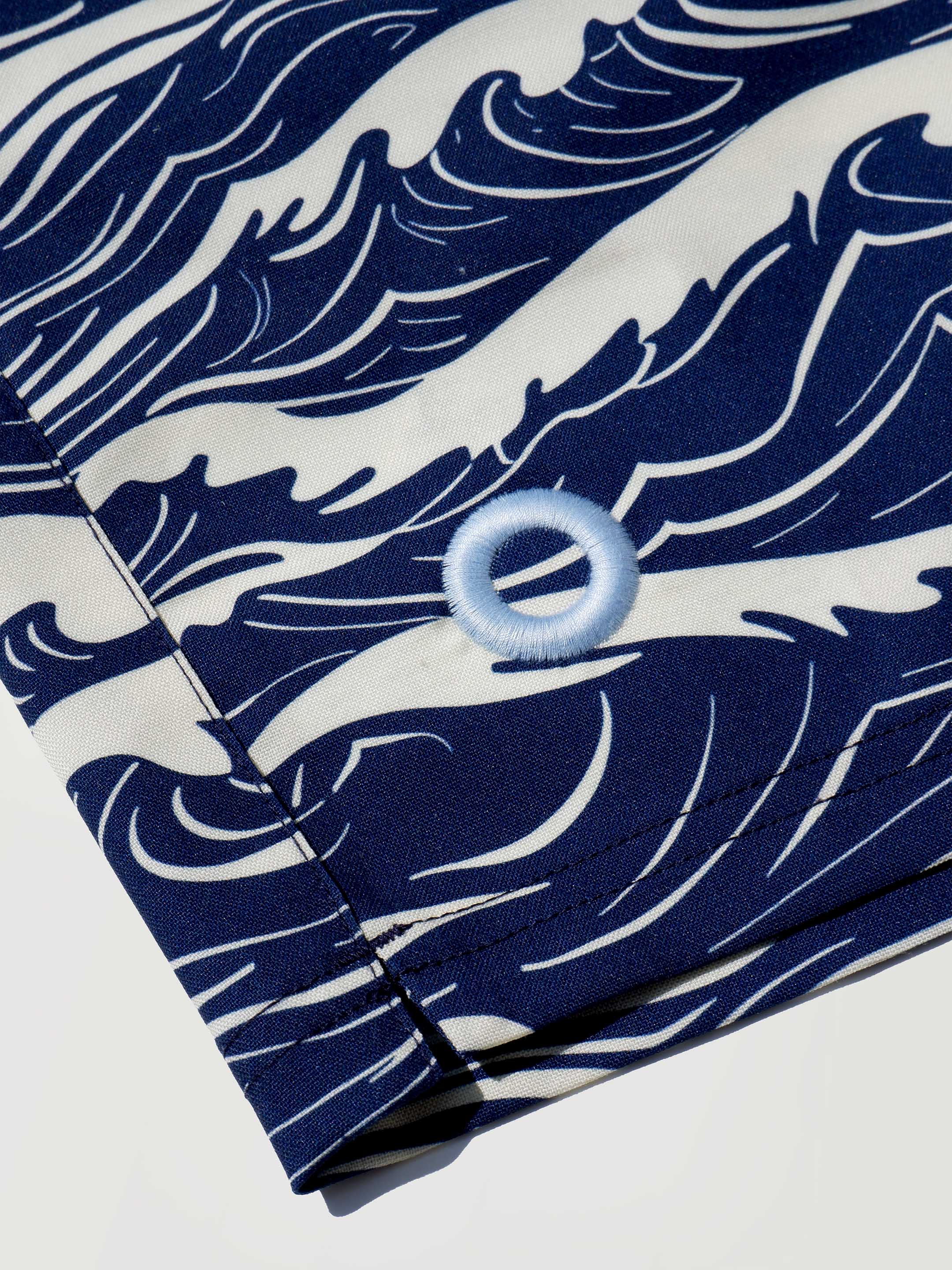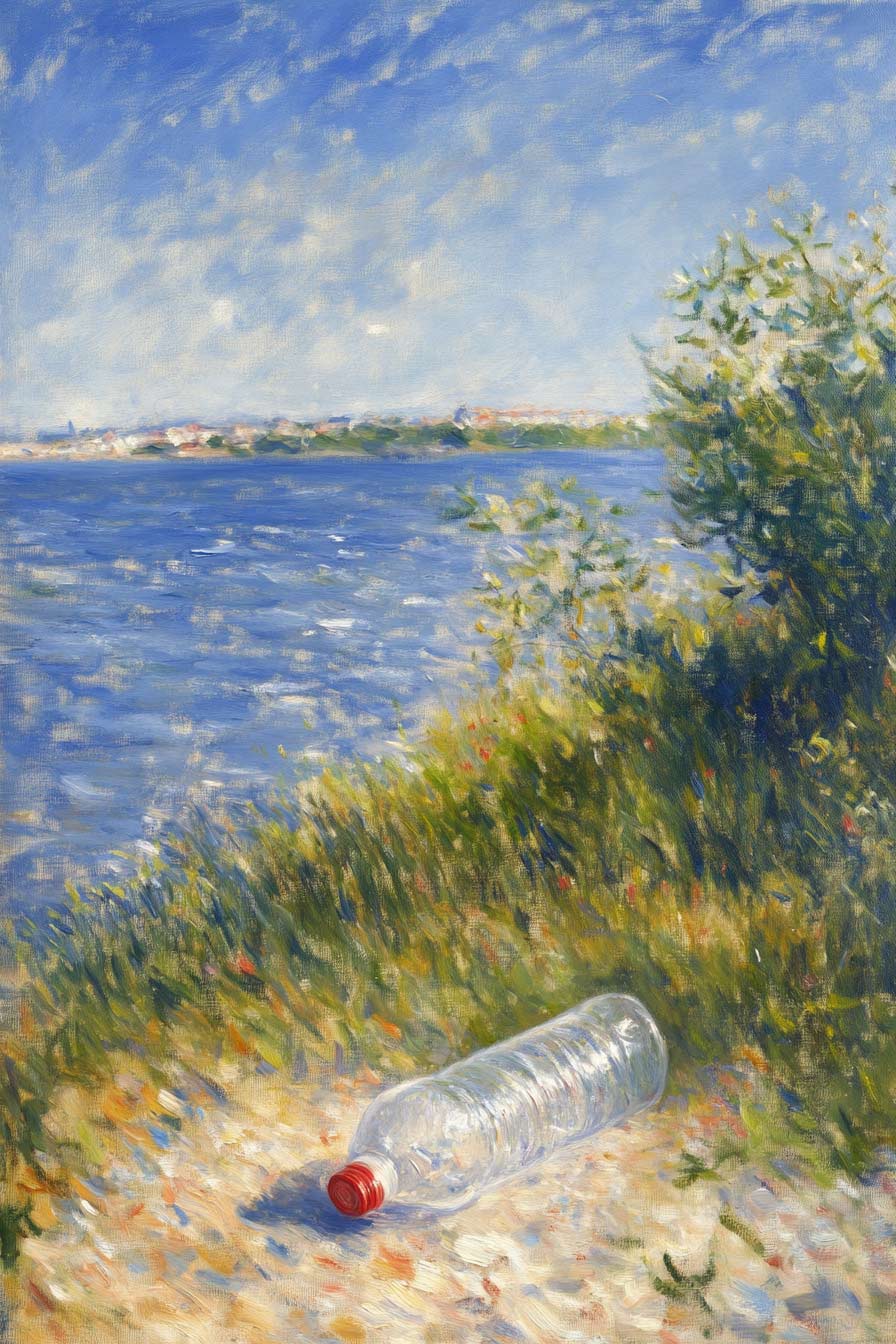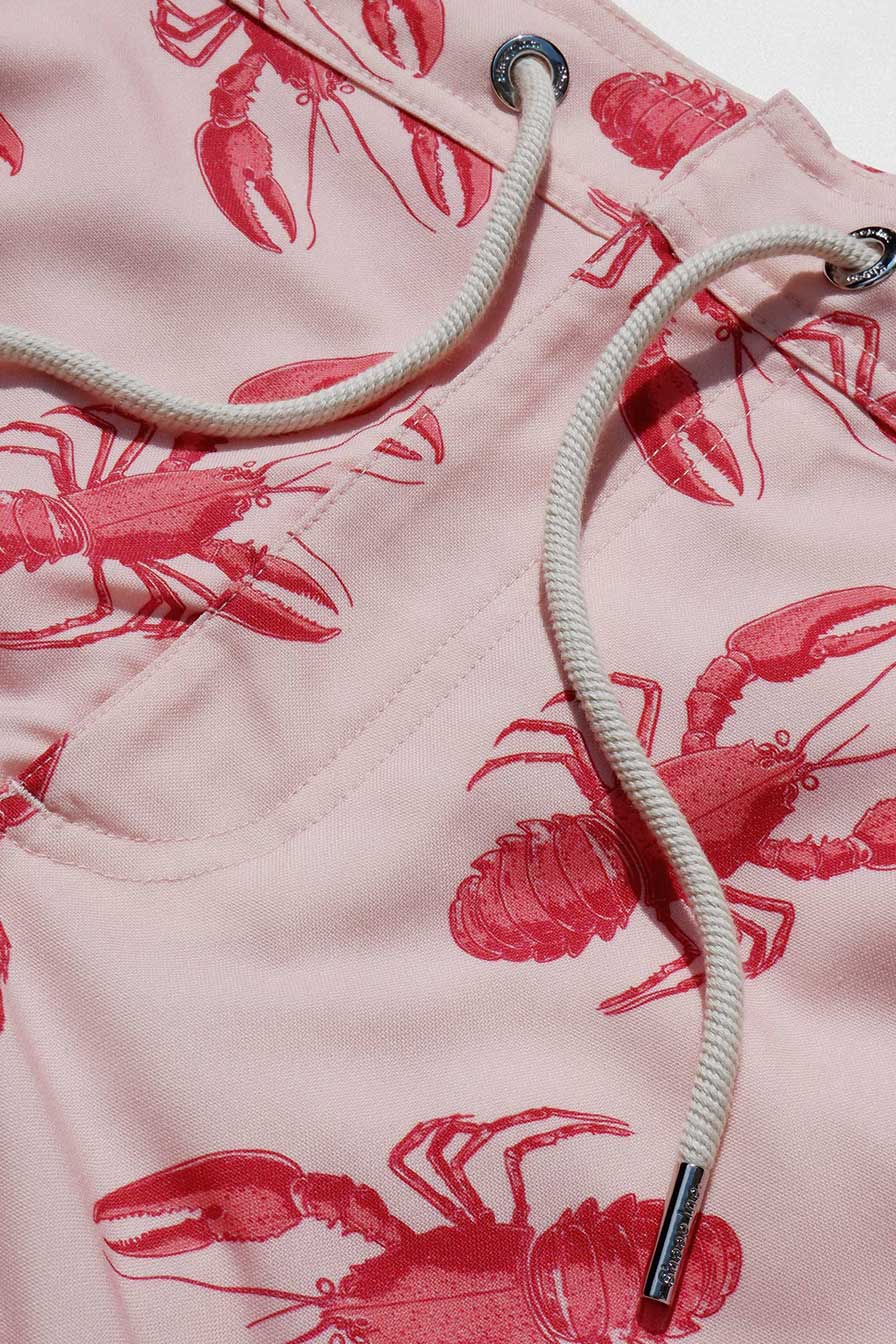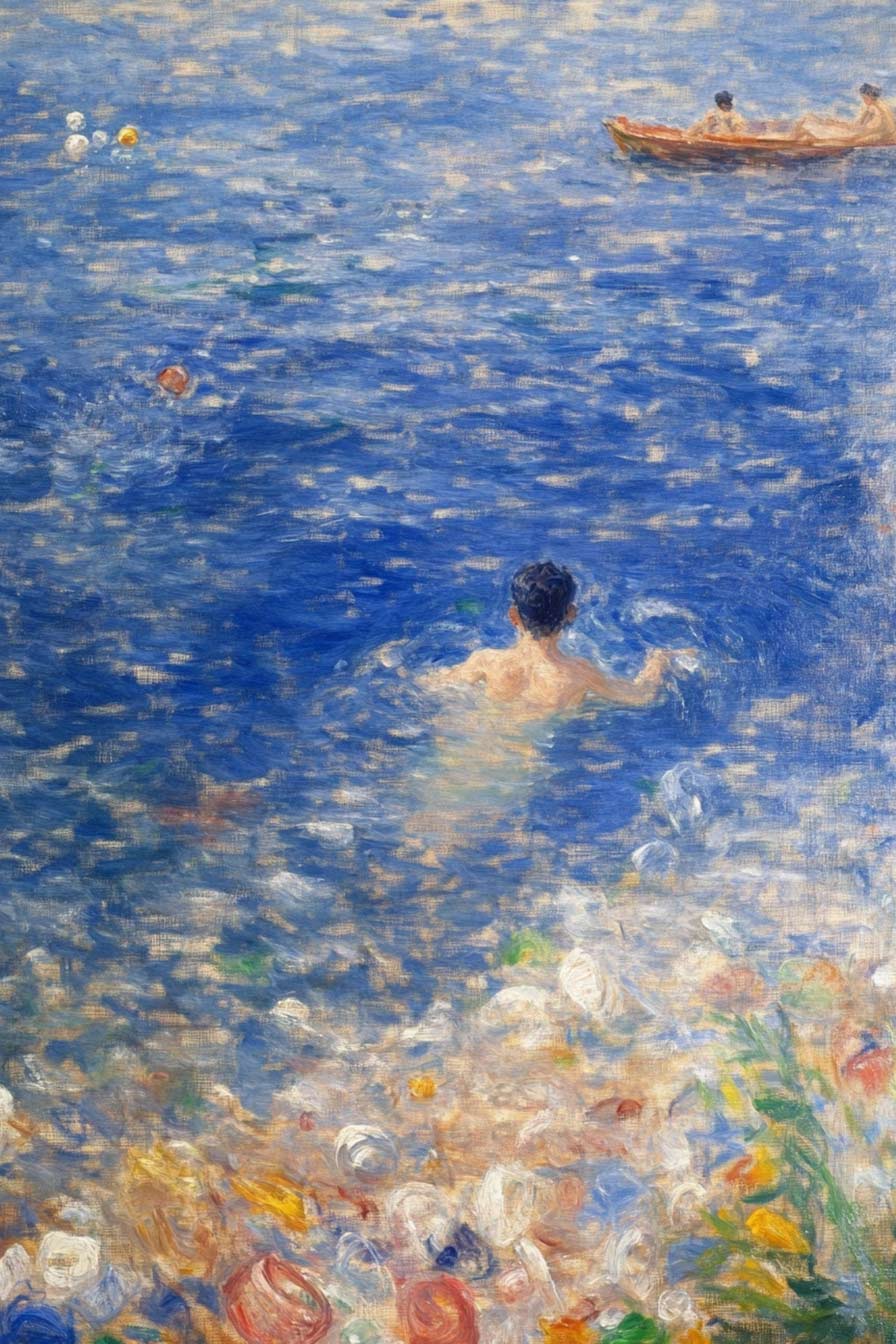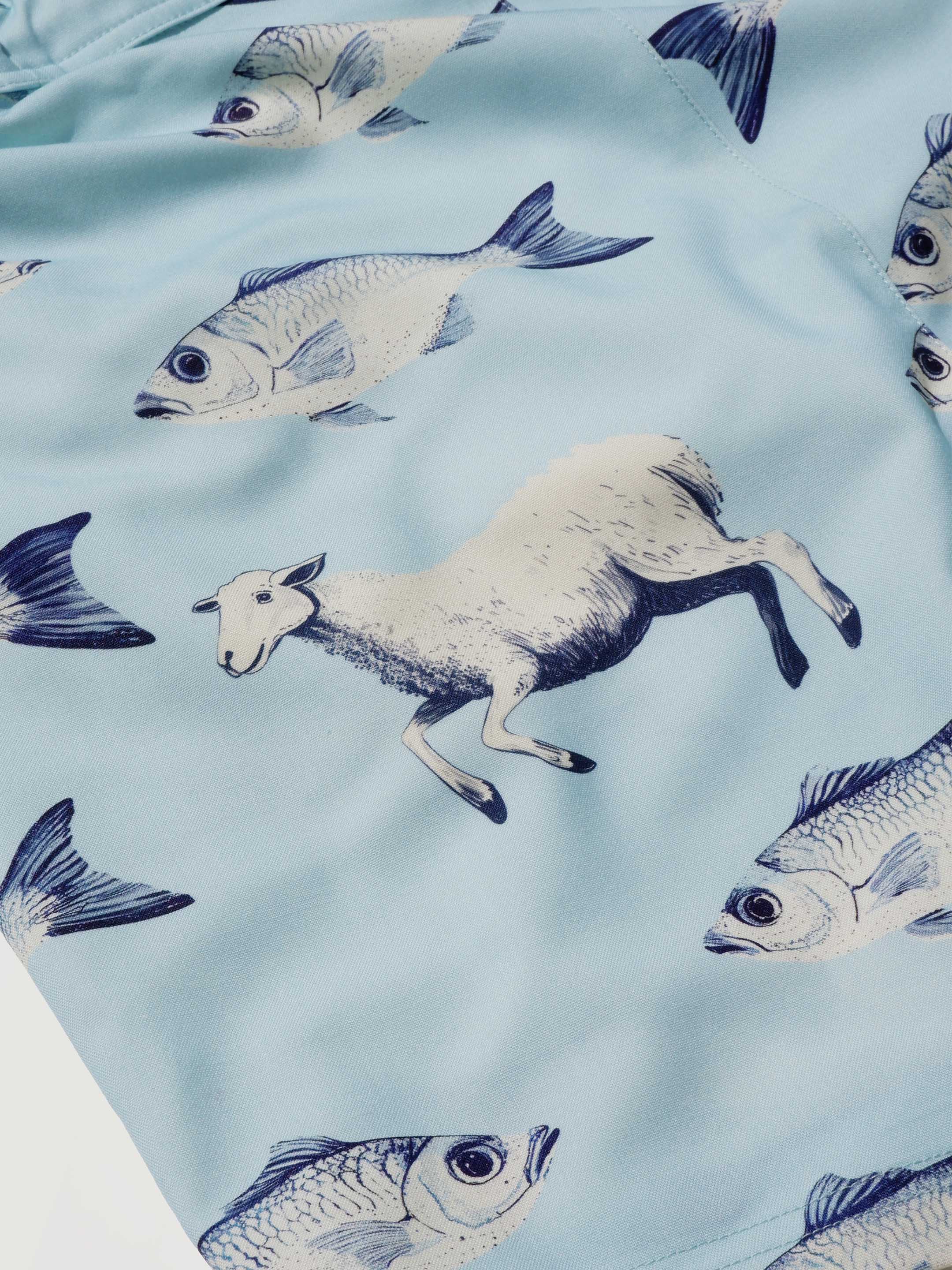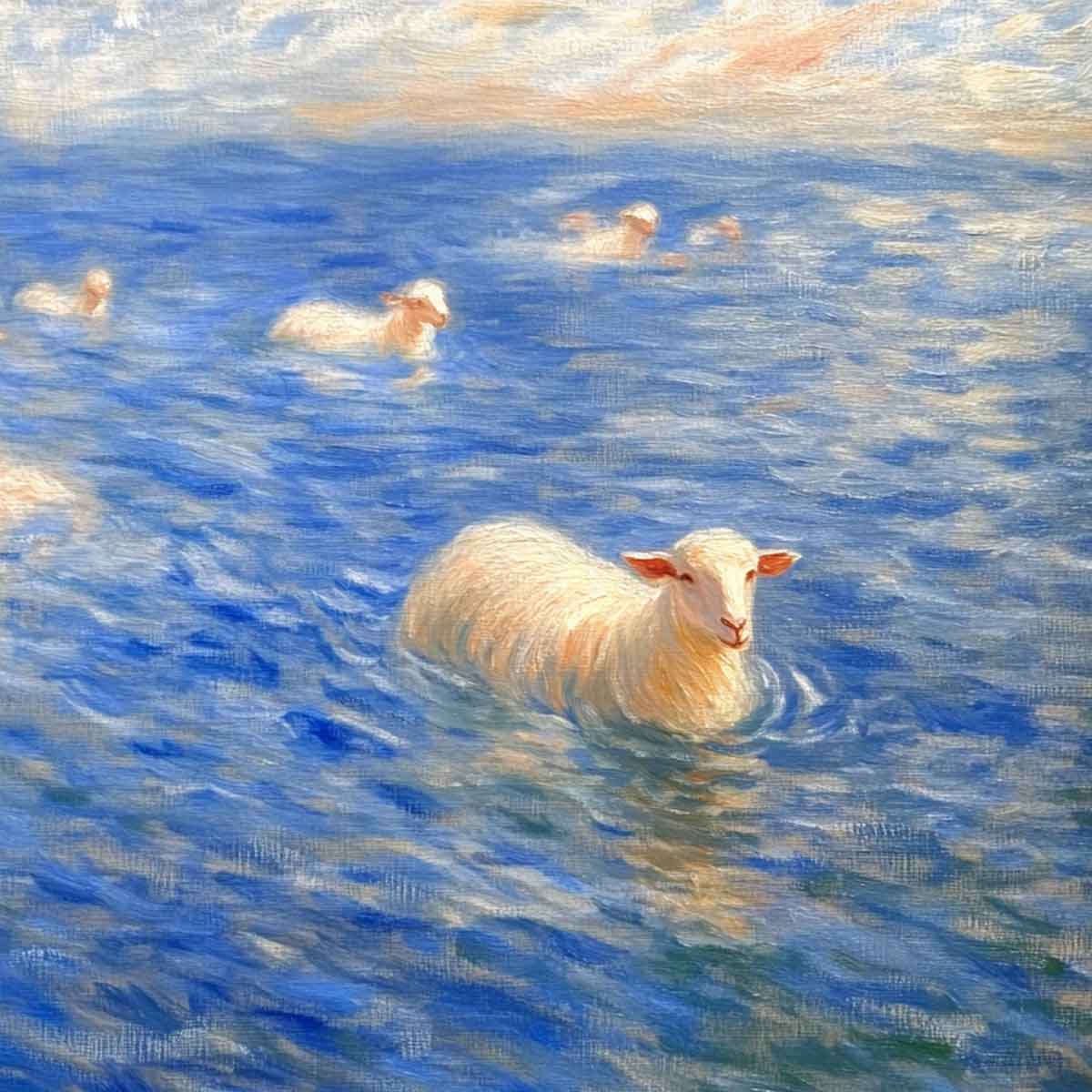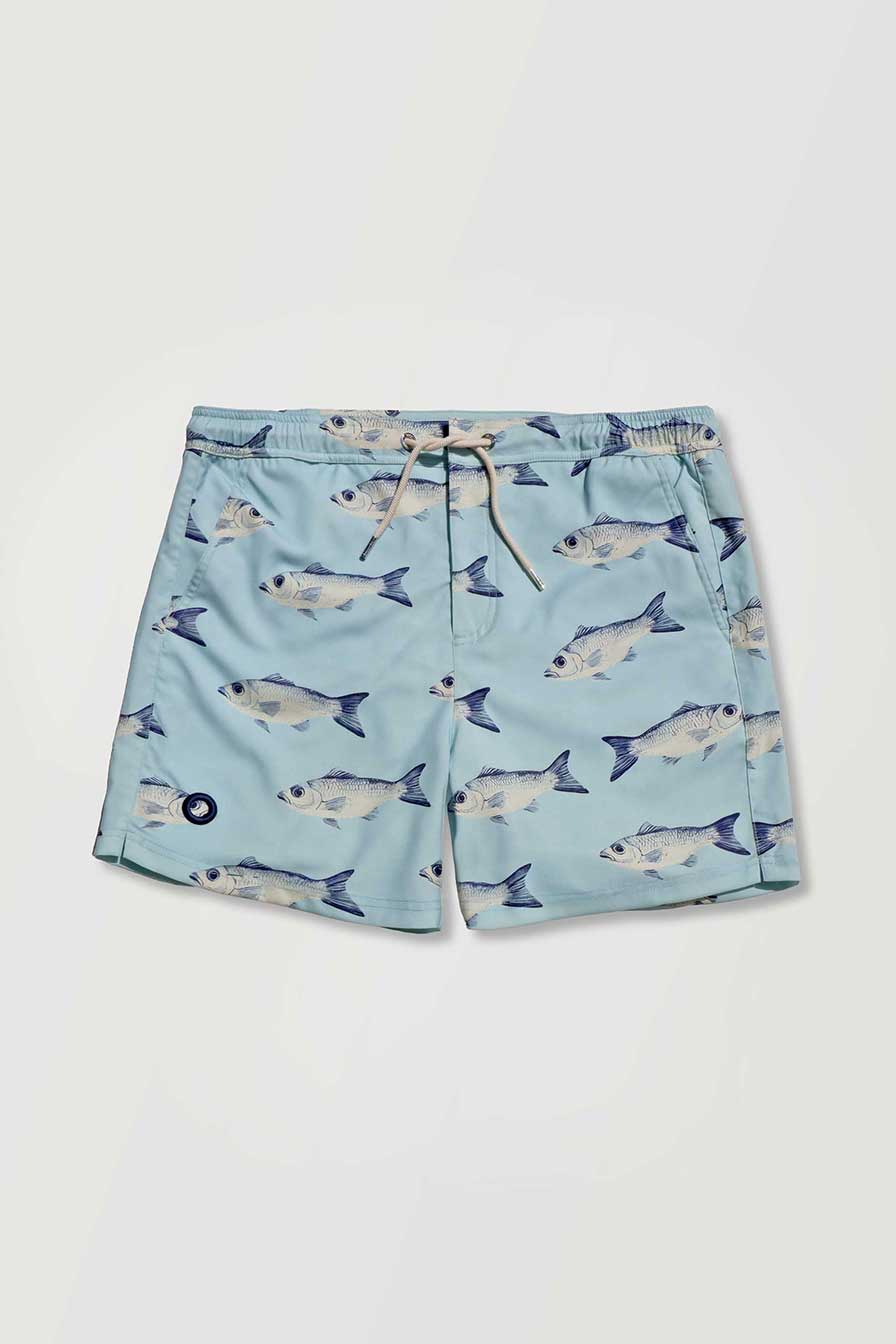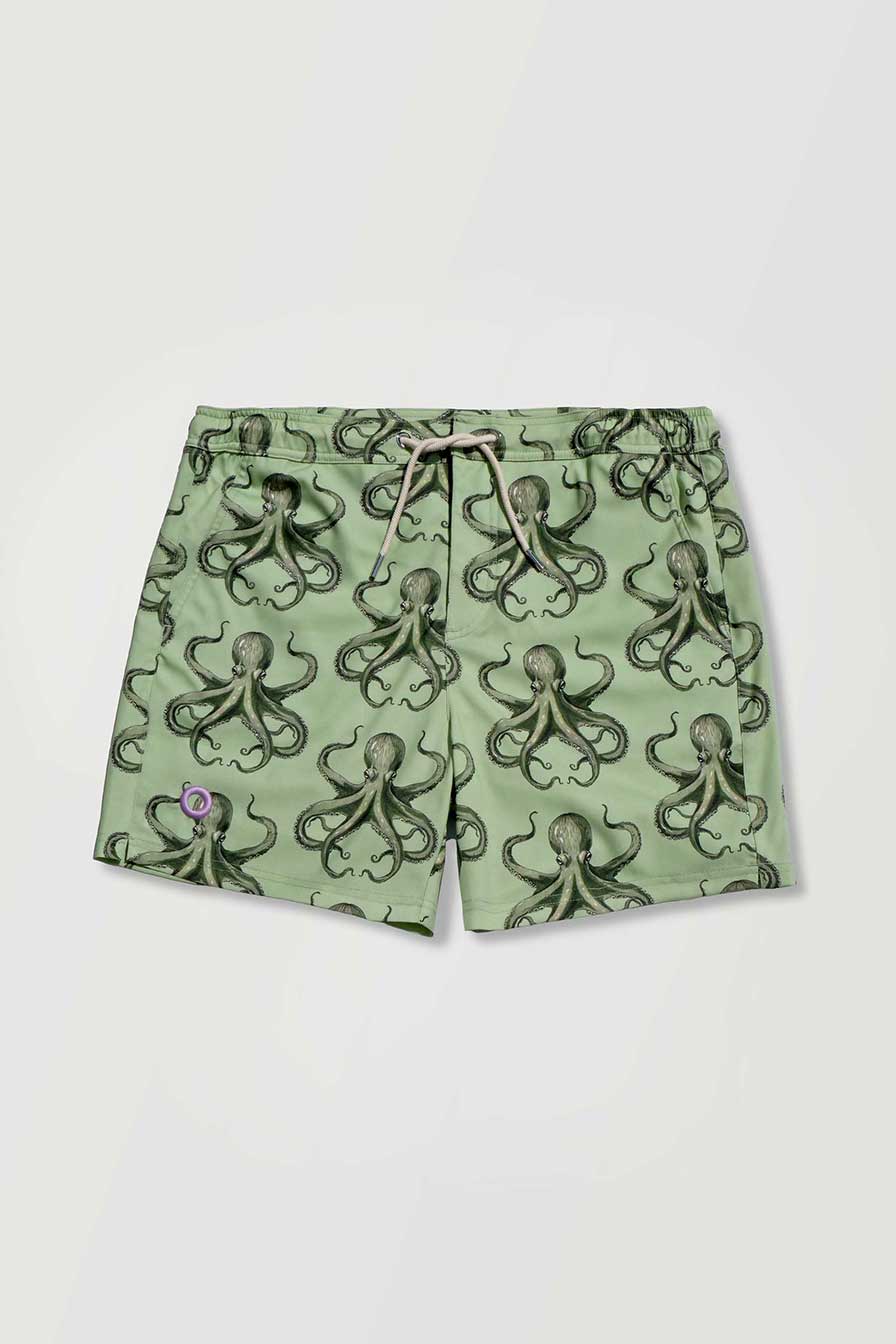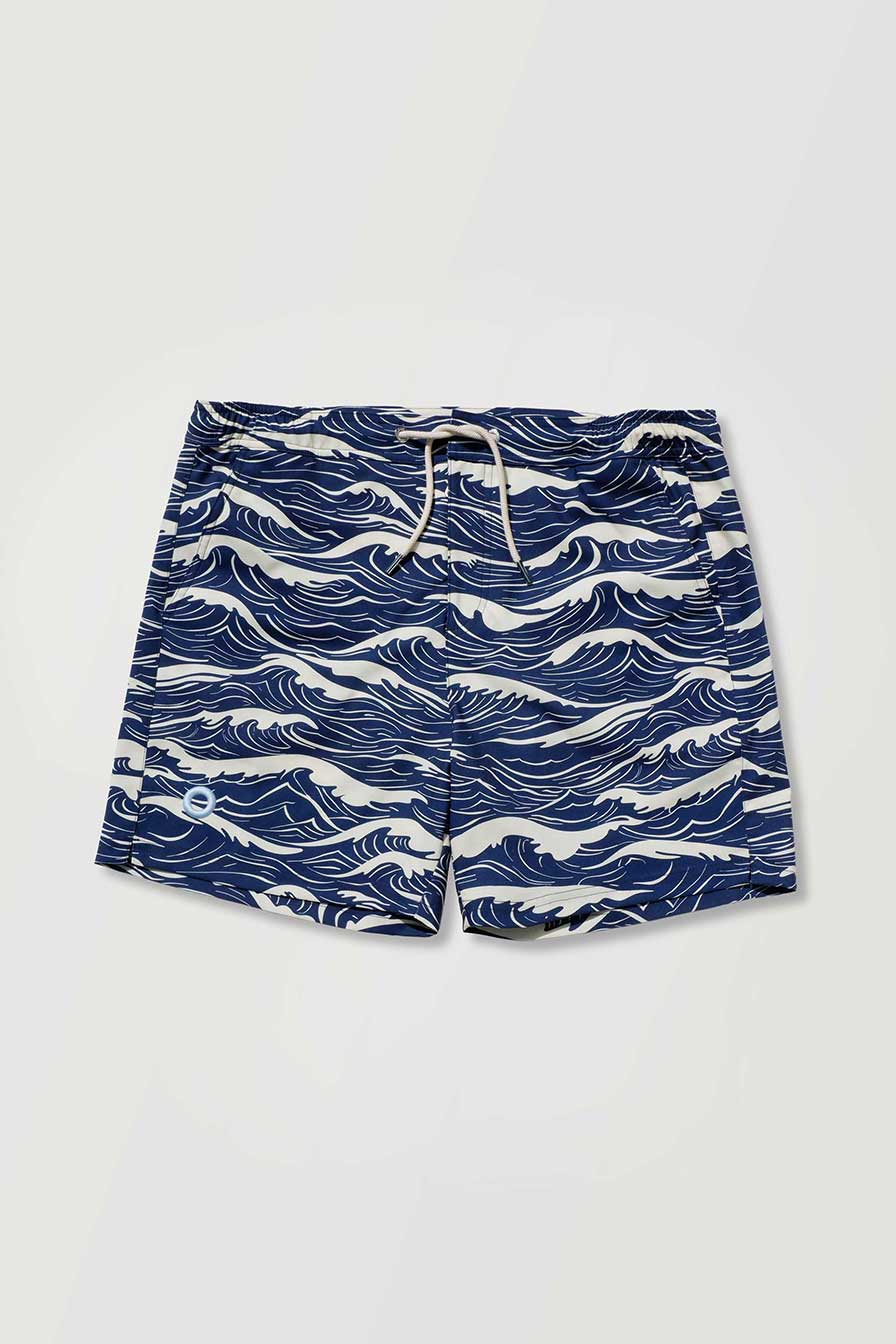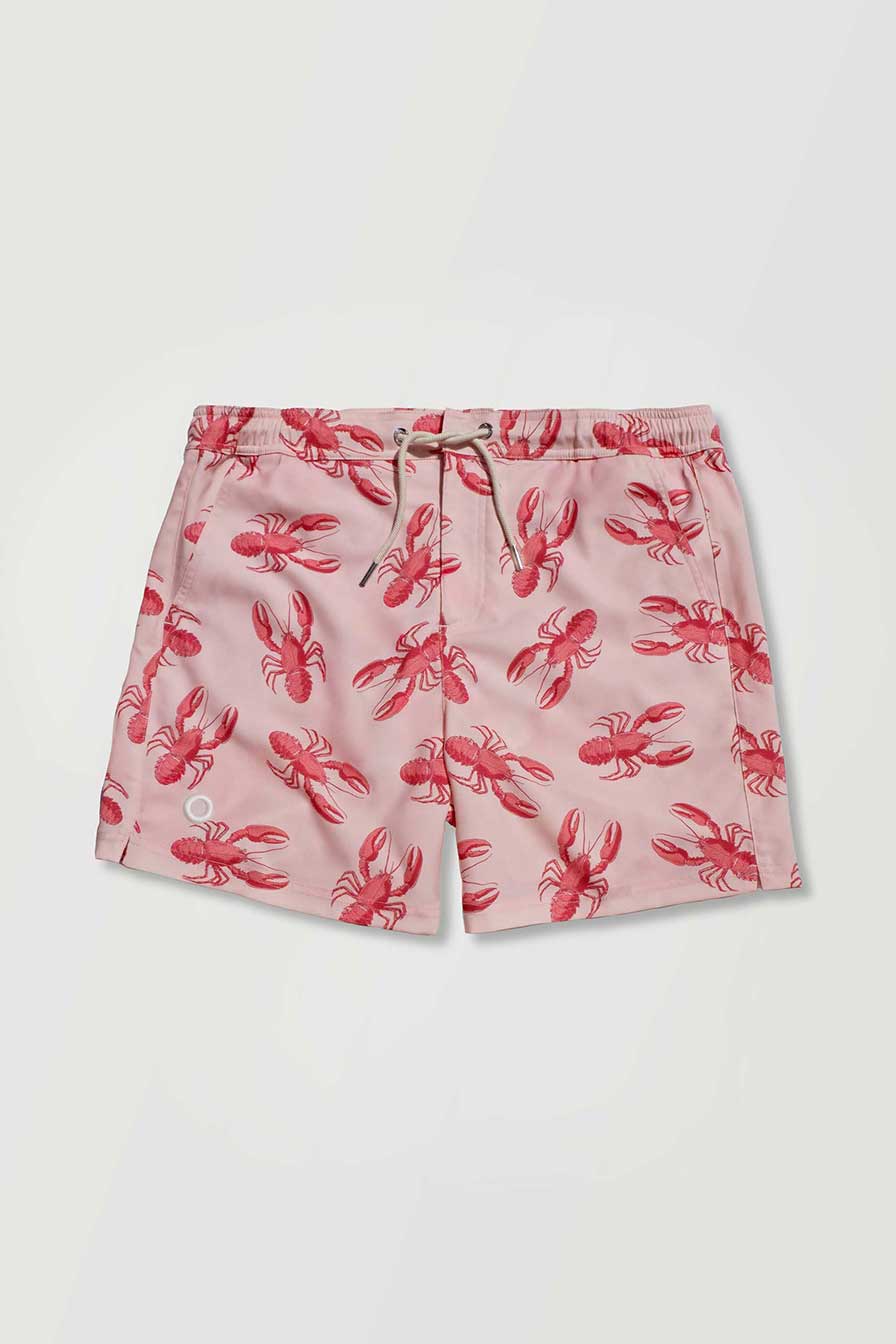World Oceans Day & Ocean Pollution: A Love Letter to Natural Fibres
It starts, as it often does, with water.
Covering over 70% of the planet.
Making up more than half of us.
The ocean is where life began
and where life continues to depend.
But the ocean’s rhythm is changing.
Each year, World Oceans Day on June 8th is a reminder:
This isn’t a place solely for sunsets and saltwater swims.
It’s the lungs of the Earth. The food chain’s foundation.
The planet’s oldest climate regulator.
And right now? It’s under threat.
The Ocean Under Threat: What Lies Beneath the Surface
- Plastic in the Mariana Trench. 11,000 metres deep. The most remote place on Earth. Still, a plastic bag made it down.
- Microplastics in Antarctic ice. No longer untouched. No longer unspoiled.
- Phytoplankton (“plant wanderer”) in retreat. These microscopic drifters make over half the planet’s oxygen. Warming seas are wiping them out.
- Coral reefs: 50% gone. Not just pretty underwater postcards. They’re storm buffers and biodiversity banks.
- Microfibres in fish, salt, and us. That’s right. You may be wearing what your dinner just ate.
Without a thriving ocean, there is no thriving planet.



